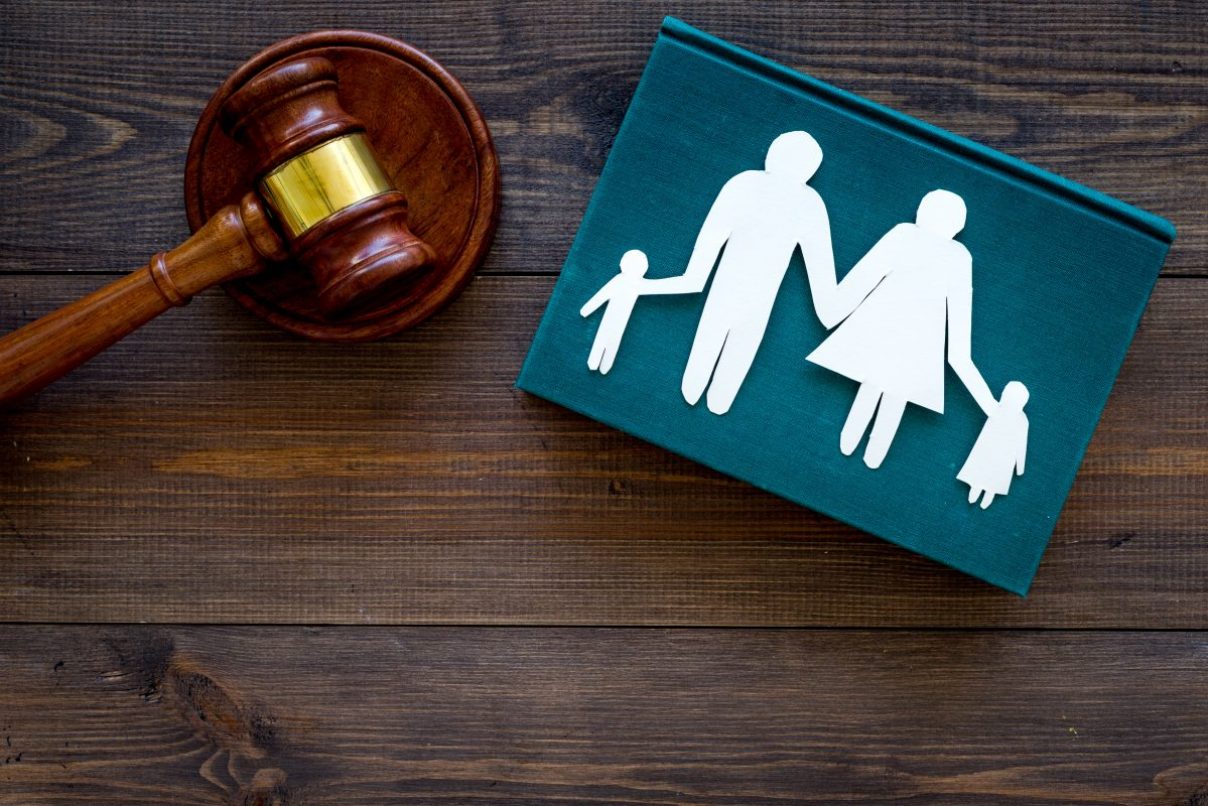Divorce is a challenging and life-altering experience. It’s essential to be well-informed about what you may lose in a divorce to make the best decisions for your future. In this article, we’ll explore various aspects of what individuals typically face during a divorce, from emotions to finances and the legal process.
What Will I Lose in a Divorce?
A divorce can entail several losses, and it’s crucial to be prepared. Let’s delve into the details:
Emotional Stability
The emotional toll of divorce is profound. You may experience feelings of grief, anger, sadness, and uncertainty. The emotional support system that your marriage once provided can be disrupted.
Financial Security
Divorce often leads to financial changes. You may lose a portion of your assets, face alimony or child support payments, and see your standard of living altered. Understanding your financial situation is critical.
Property and Assets
During a divorce, marital property and assets are divided. This includes homes, vehicles, savings accounts, and more. The division depends on various factors, such as state laws and prenuptial agreements.
Custody and Visitation Rights
If you have children, divorce may lead to changes in custody and visitation arrangements. You may lose some control over your child’s daily life and have to adapt to a co-parenting arrangement.
Social Connections
Divorce can strain social relationships. You may lose friends or face a shift in your social circles. It’s essential to maintain supportive connections during this challenging time.
Retirement Plans
Divorce can impact your retirement savings. Assets accumulated during the marriage may be divided, affecting your long-term financial security.
Time and Energy
The divorce process is time-consuming and emotionally draining. You may lose time and energy dealing with legal proceedings and emotional distress.
Privacy
The details of your personal life may become public during divorce proceedings. This loss of privacy can be uncomfortable.
Trust
Divorce can erode trust in relationships. It may take time to rebuild trust in future relationships, affecting your personal life.
Sense of Identity
Your identity may change post-divorce. You may no longer identify as part of a couple, and this shift can impact your self-perception.
Self-Esteem
A divorce can dent your self-esteem. The process can be emotionally taxing and make you question your self-worth.
Health and Well-being
The stress of divorce can impact your health and well-being. It’s essential to focus on self-care during this period.
Hobbies and Interests
Divorce may affect your involvement in hobbies and interests. Prioritizing self-care and personal growth can mitigate this loss.
Legal Fees
The cost of divorce, including legal fees, can be substantial. You may lose a significant amount of money in the process.
Personal Space
Living arrangements often change after a divorce, leading to potential losses in personal space and comfort.
Support Networks
Divorce can strain relationships with extended family members and support networks. Some individuals may face the loss of support.
Career and Work-Life Balance
Balancing work and personal life during divorce can be challenging, and it may affect your career in some cases.
Intimacy and Companionship
A divorce can result in the loss of intimacy and companionship, which can be emotionally difficult.
Dreams and Future Plans
Divorce may lead to changes in your long-term goals and plans, necessitating a reevaluation of your future.
Legal Rights
Understanding your legal rights and obligations is essential during a divorce. Failure to do so may result in the loss of rights and assets.
Family Traditions
Divorce can disrupt family traditions and routines, impacting the lives of children and adults alike.
Peace of Mind
Restoring peace of mind after a divorce can be a long journey, but it’s a valuable pursuit.
Inheritance and Estate Planning
Divorce may impact your inheritance plans and estate distribution.
Emotional and Psychological Health
Maintaining your emotional and psychological health is vital during and after a divorce. Seek support when needed.
Frequently Asked Questions (FAQs)
Q: How long does the divorce process usually take? A: The duration of the divorce process varies based on factors like state laws, the complexity of the case, and whether it’s contested or uncontested. It can take several months to a few years.
Q: Will I lose all my assets in a divorce? A: No, you won’t lose all your assets, but they will be subject to division. The outcome depends on various factors, including your state’s laws and the assets’ nature.
Q: Can I change custody arrangements after the divorce is finalized? A: Yes, custody arrangements can be modified if circumstances change significantly and it’s in the child’s best interest.
Q: How can I protect my financial interests during a divorce? A: To protect your financial interests, it’s advisable to consult with an experienced attorney, disclose all assets, and work towards a fair settlement.
Q: What should I do to cope with the emotional challenges of divorce? A: Coping with the emotional challenges of divorce requires seeking support from friends, family, or a therapist. Self-care and time for healing are essential.
Q: Can divorce proceedings be amicable? A: Yes, divorces can be amicable if both parties are willing to work together and reach a fair agreement. Mediation can help facilitate a smoother process.
Conclusion
Divorce is undoubtedly a complex and emotionally charged process that can result in various losses, from emotional stability to financial security. By understanding these potential losses and seeking support when needed, individuals can navigate divorce more effectively and work towards rebuilding their lives.
Read More: https://readnewsblog.com/what-is-the-role-of-a-solicitor-in-lease-agreement-drafting/

